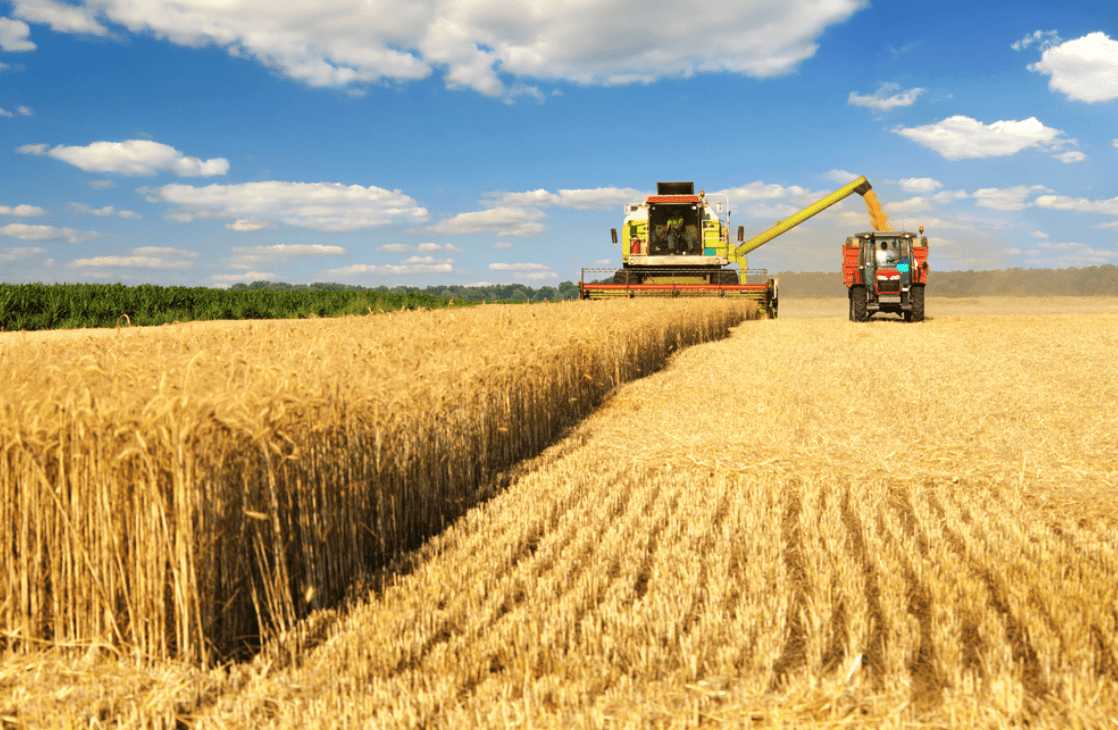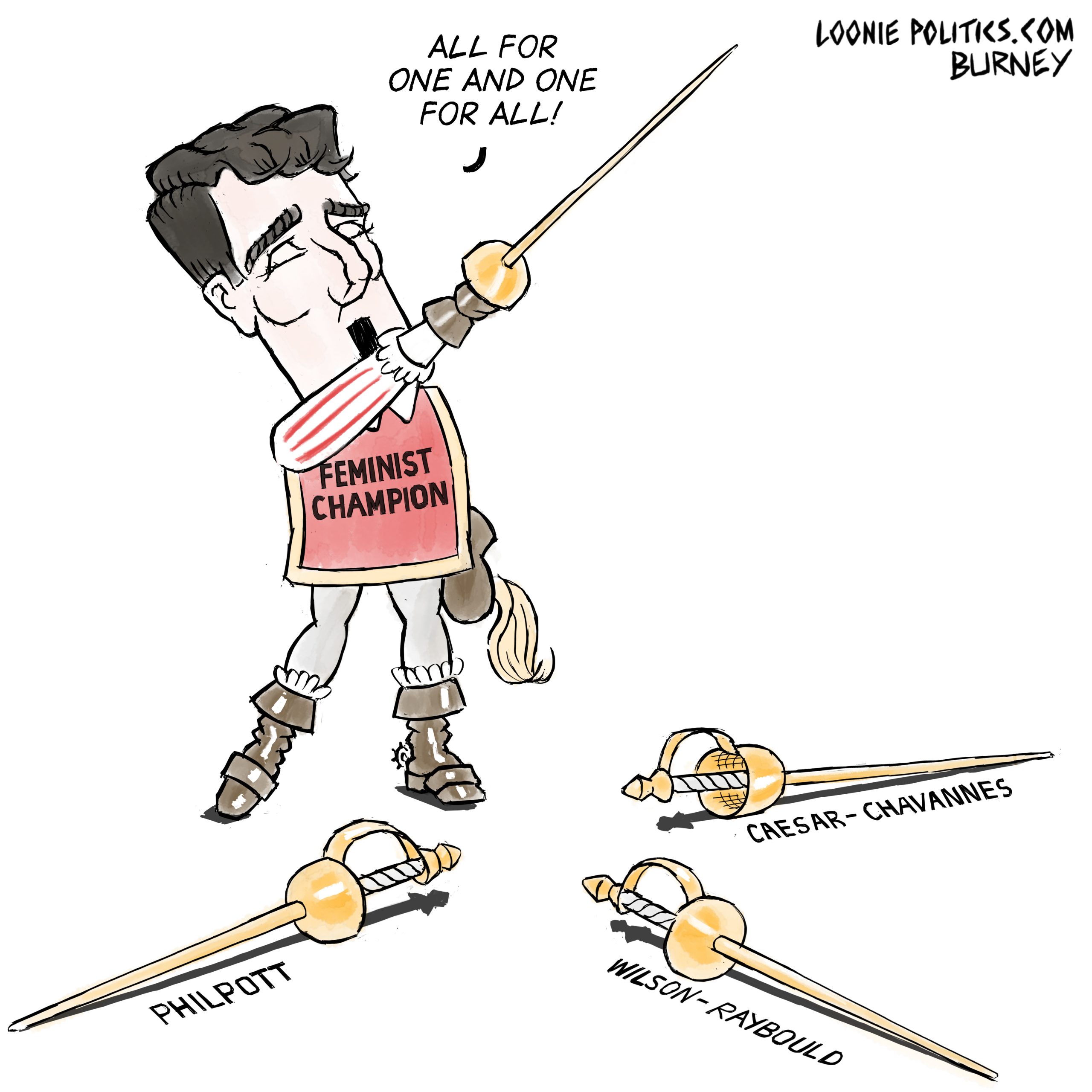Don't play with your food.
It's an early lesson parents teach but one that politicians need to learn to navigate a coming political hot topic.
The Weather Network's foray into proposing Canadians eat less meat to reduce carbon emissions showed how fast the beef lobby can move when it's attacked from even a pretty benign source.
The network backed down pretty quickly and promised to "not actively advise people on their food consumption choices"after a stern warning from the Cattlemen's Association.
Andrew Scheer's recent effort to pander to dairy producers by attacking the new Canadian Food Guide raised hackles, and not just in the nutritionist sector. Plant-protein farmers hailed the new food guide, with its emphasis on a ranger of alternative protein sources, as a boost for their sector. What must farmers and plant-protein industry proponents on the prairies be thinking about the CPC leader?
Promoting the farm sector to win easy votes used to be an easy proposition for politicians venturing into rural Canada. Talk beef in Alberta, wheat in Saskatchewan, dairy in Quebec. But there are new and competing interests out there now, from hemp to container lettuce farming.
Any hint of pitting one commodity against another is going to alienate a swath of the farm population.
Food is a complex topic, freighted with competing nutritional claims and sustainability boasts.
At the farm level, plant protein and animal farmers can live pretty much in harmony. Farmers growing field peas and faba beans are happy to sit down to a steak dinner at the end of the week. Dairy farmers with enough land diversify with soy and grain crops.
But on another level the trends are troubling for some meat farmers. Stats Can figures for the number of farm operations by type shows hog and cattle farmer numbers declining. The number of farmers in oilseeds, grains and vegetables are increasing.
Canada is a world leader in producing pulse crops peas, lentils, beans and chickpeas.
The federal government is pumping multimillions of dollars into plant protein through Protein Industries Canada to get a processing and manufacturing industry going.
The rise of meat alternatives like Beyond Meat and the Impossible Burger in grocery stores and fast food chains just illustrates the disruption that is underway in the farm sector.
Couple that with spiky trade issues, like dairy protection under the U.S.-Canada-Mexico trade regime or the canola and hog banning in China and farmers are likely to feel beleaguered by change and forces outside their control.
And that's without touching the question of environmental sustainability.
The lentil industry boasts about its very low water use and its overall credibility of being good for the environment. Plant protein in general uses metrics showing an environmental footprint per protein unit far smaller than beef or hogs. Cattle ranchers are hitting back with advertising about how much they have reduced emissions in their operations over the past decade.
Any politico thinking they can avoid the food issue entirely should think again.
That sustainability issue pushes debate over what's grown on Canadian soil into the national realm in a big way. And the environmental cost of what's going into the grocery cart resonates with urban voters too, especially younger ones.
The issue of food could become a goldmine for politicians who figure out how to navigate the complicated waters out there. The agricultural economy, often neglected in the electoral debate, should rank near the top as a political issue.
Oversimplifying and playing to traditional bases just won't work however. Canada's dairy, beef and wheat industries all have strong political lobbies. But up and coming are the proponents of alternative proteins and grains which are finding rich soil around the country.
The entire food sector is becoming more diverse and sophisticated. It has enormous potential as an economic engine for the country. It would be a pity for Canada's political leaders to decide to play the polarization card and pick winners and losers out in farmers' fields.
Photo Credit: iPolitics








